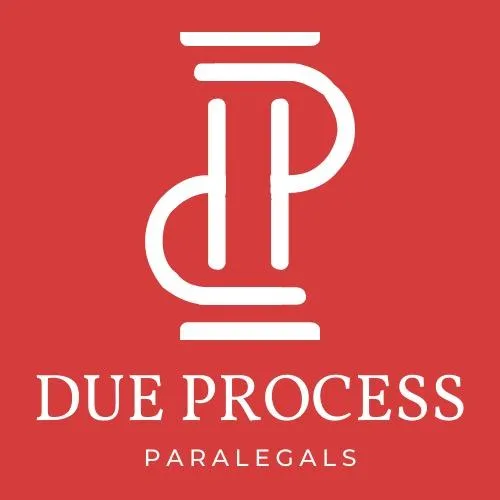CASE STUDIES
Unveiling Legal Success: Delve into Case Studies with Our Comprehensive Blog Review - Your Source for In-Depth Insights into Real-World Legal Outcomes and Strategies.

Clever Procedural Pivot: How Abadin Turned the Tables on HSBC
In Abadin v. HSBC Bank USA, N.A., defendant Abadin employed an ingenious appellate strategy focused on 22 NYCRR 202.27 to defend the trial court's conditional summary judgment in his favor. Though HSBC argued the foreclosure case was improperly dismissed under CPLR 3216, Abadin shifted the spotlight to 22 NYCRR 202.27 - an entirely distinct basis for dismissal.
Timeline of Key Events
2006: Abadin takes out $424k mortgage with Fremont Investment & Loan
2009: After assignment and default, HSBC Bank commences foreclosure against Abadin
2009: Plaintiff was denied motion for extension of time to serve Defendant by publication and to appoint guardian ad litem.
2012: Plaintiff was denied motion to renew decision to deny Plaintiff’s motion to serve Defendant
2015: After years of HSBC inaction, court conditionally dismisses foreclosure case under CPLR 3216
2019: Abadin seeks to invalidate mortgage in quiet title action
2020: Lower court grants Abadin conditional summary judgment canceling mortgage
HSBC appeals
Decision: The Appellate Division affirmed the conditional summary judgment for Abadin. The court focused on the current dismissed status of HSBC's foreclosure case rather than assessing the merits of the original dismissal order. This avoided ruling on HSBC's procedural arguments against dismissal under CPLR 3216.
Abadin Turns The Tables On HSBC
Abadin emphasized that 22 NYCRR 202.27 grants courts the power to dismiss cases when a plaintiff does not appear ready to proceed - no 90-day warning required. According to Abadin, HSBC's extensive delays and disregard of court orders warranted dismissal under this rule, regardless of any CPLR 3216 defects.
Abadin pointed to HSBC's failure to comply with multiple court orders as grounds for 202.27 dismissal, stating:
“Appellant previously failed to comply with court orders by the Hon. Battaglia on or about December 22, 2009 and September 17, 2012, so their motion to restore the 2009 Foreclosure Action is patently without merit.”
The court in Countrywide Home Loans Servicing, L.P. v. Randazzo also noted that 202.27 provides an “alternative means of dismissing an inactive action other than CPLR 3216.”
By focusing on 202.27, Abadin avoided getting mired in the procedural technicalities of CPLR 3216.
The appellate court ultimately adopted Abadin's reasoning, affirming the conditional summary judgment based simply on the dismissed status of HSBC's case rather than assessing the merits of the original dismissal order.
Always Look For Strategies To Demonstrate An Alternative Basis To Uphold The Supreme Court’s Decision
This clever procedural pivot allowed Abadin to turn the tables on HSBC's dismissal arguments. By shifting the spotlight to 202.27, Abadin dodged HSBC's attacks on the CPLR 3216 flaws and checkmated HSBC's appellate strategy. The case illustrates how creative procedural maneuvers can overcome weaknesses in a court victory.
Visit us on:

©2023 Due Process Paralegals All Rights Reserved.
The content, design, and graphics on this website are protected by copyright law. Unauthorized reproduction or distribution of any materials on this website without the prior written permission of Due Process Paralegals is strictly prohibited.
All trademarks, service marks, and trade names displayed on this website are the property of Due Process Paralegals or their respective owners. Use of any trademarks, service marks, or trade names on this website without the express written consent of Due Process Paralegals or the respective owners is prohibited.